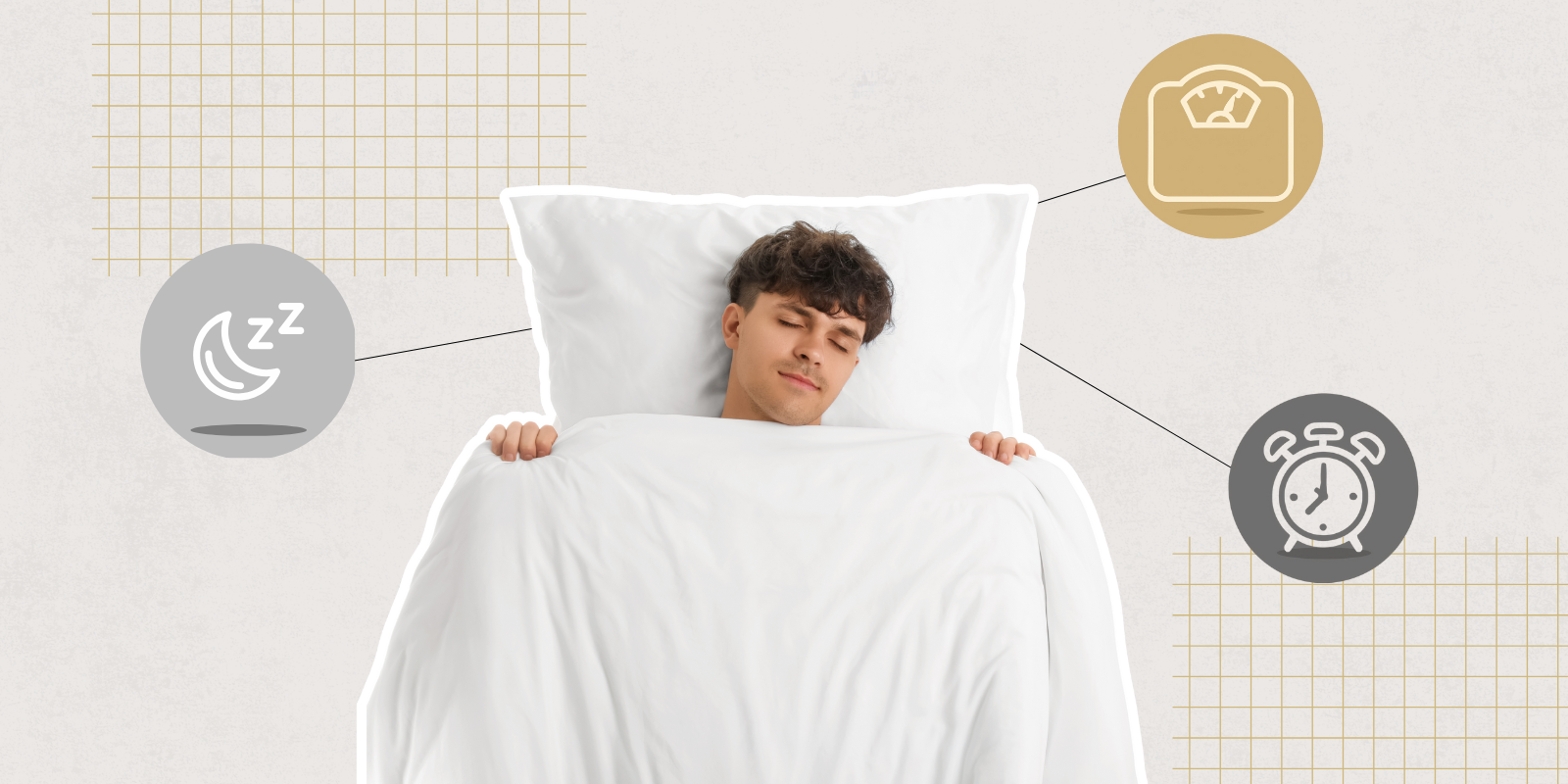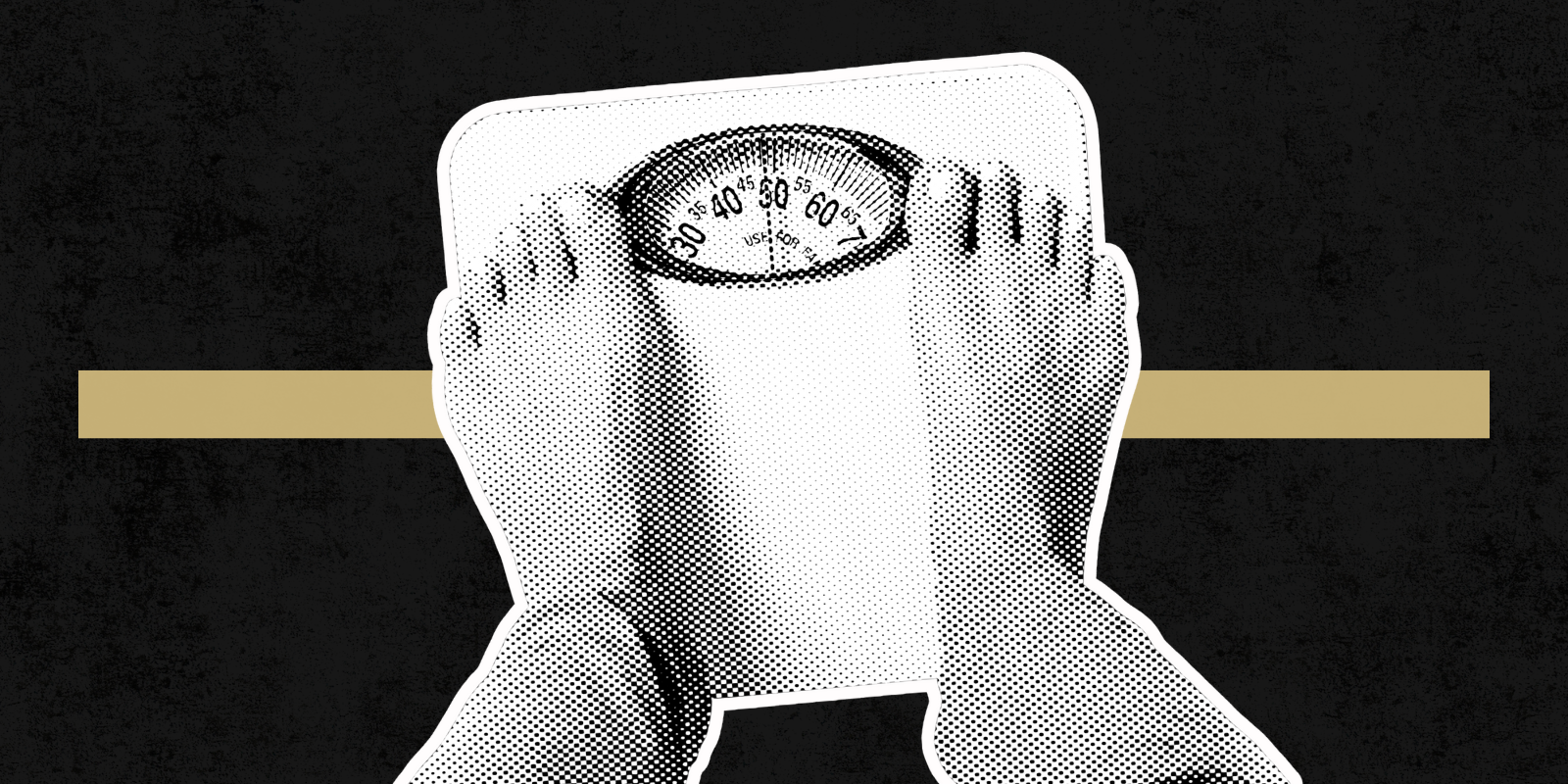A concussion can have negative effects on nearly every facet of everyday life, causing everything from mood and cognitive changes to headaches and dizziness.
As part of his team’s ongoing research into concussions, David Howell, PhD, associate professor of orthopedics at the University of Colorado School of Medicine, and his colleagues have arrived at a recommendation for at least one negative after-effect of concussions: poor sleep quality.
In a paper published in July in The Journal of Head Trauma Rehabilitation, the study team found that exercising 150 minutes or more per week is associated with improved sleep quality among adolescents who recently had suffered a concussion.
“We see this relationship where people who do less physical activity may tend to sleep worse, and people who sleep worse may tend to do less physical activity,” says Howell, lead researcher for sports medicine at Children’s Hospital Colorado. “We started to realize that maybe we're not recommending enough physical activity for a concussion. We found that if you exceed that 150-minute threshold, you tended to have more improvements in your sleep quality over time.”
Regular activity
The 150-minute threshold represents a practical, easy-to-follow recommendation, Howell says. It breaks down to advising patients to participate in 30 minutes of exercise a day, five days a week.
“It doesn’t have to be every single day,” he says. “You can take some days off. But the evidence is clear that consistent aerobic exercise at an intensity level that does not make you feel worse can lead to better concussion recovery. We don’t want people going out and exercising to the point where they’re feeling significantly worse — getting dizzier, or their headaches are getting worse than they would be at rest.”
For the published study, Howell and his research team didn’t prescribe a set amount of exercise; they just asked the concussion sufferers — all patients in Children’s Colorado’s sports medicine clinic — to exercise at a level at which they felt comfortable. Sleep quality, as measured by the Pittsburgh Sleep Index, improved across the board during the study, but those who reached the 150-minute level in between assessments saw a greater sleep quality increase, Howell says — on average five points on the scale, versus one point for those who exercised less.
“We suspect that improvement is, in part, because the combination of exercise and healthy sleep helps to boost brain recovery after an injury,” Howell says.
“The main issue that happens during a concussion is you have what’s called an energy crisis,” he says. “Your brain has neurons that need to repair themselves, and to do that, you need more energy to be delivered to your brain. But the concussion causes cerebral blood flow alterations, so your brain isn't getting the level of blood it needs to deliver that energy. Exercise helps to regulate that process so your brain can get the energy it needs, and after that, sleep can also help remove some of the metabolic waste that builds up as a result of the injury.”
An exercise prescription
As the next step in his concussion and sleep research, Howell is now in the third year of recruitment for a randomized clinical trial that prescribes one group of participants 150 minutes of exercise per week, while the other group will do whatever exercise their doctor would normally recommend.
“For the treatment group, we are focused on prescription, saying, ‘This is specifically what you should do for the next several weeks, until you start to feel better,’” he says. “The standard of care right now for exercise is, ‘Do something, get out, be physically active, but if something starts to make you feel worse, then stop and try again tomorrow.’ It's not quite as prescriptive.
“We're trying to move toward a precision medicine, individualized care approach, where eventually, somebody who comes in with a certain medical history, demographics, or injury characteristics, we could have a more complete plan for them: ‘Based on your history, this is going to be the heart rate you want to get to and the volume of exercise you want to do versus somebody else,’” he continues. “Exercise could be something we can prescribe to people and say, ‘Do this much each week, and that can help regulate some of your sleep patterns and help your brain recover.’”




